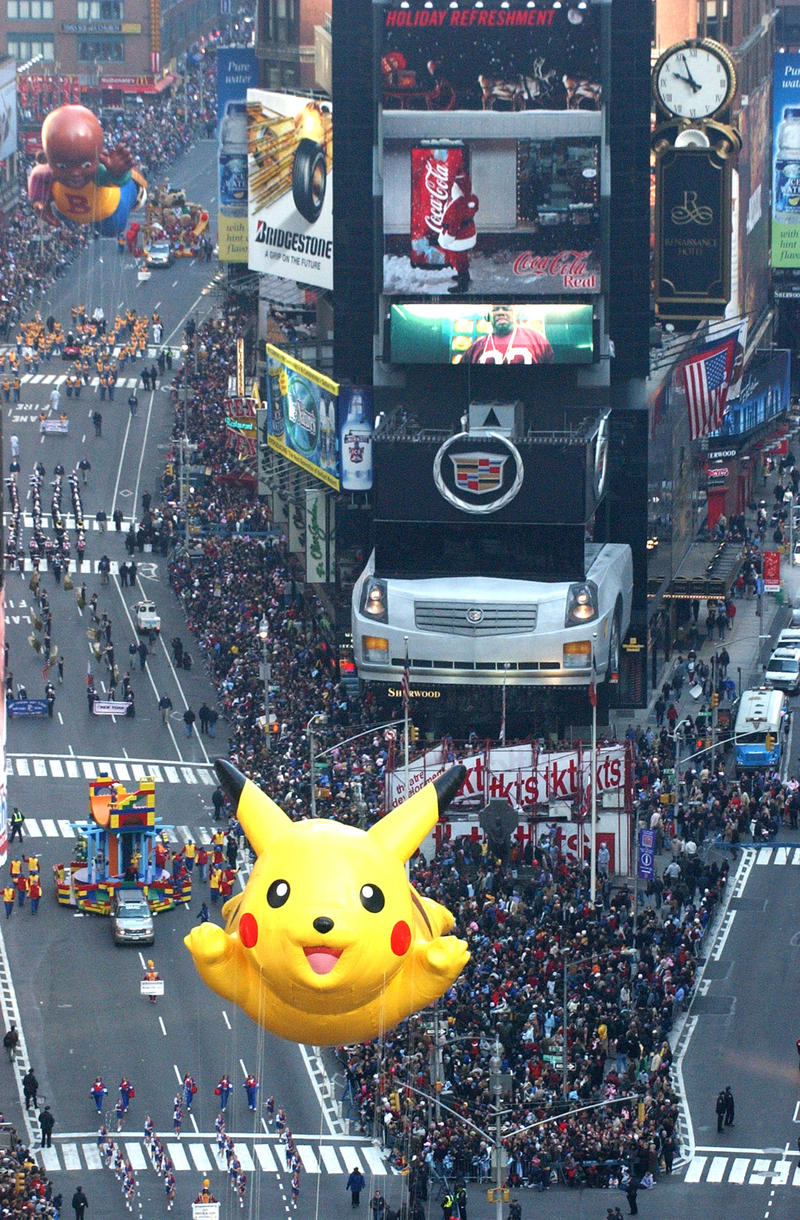Thursday, November 24th
The annual Thanksgiving holiday tradition in the United States is documented at its earliest in 1619, in what is now called the Commonwealth of Virginia. Thirty-eight English settlers aboard the ship Margaret arrived by way of the James River at Berkeley Hundred in Charles City County, Virginia on December 4, 1619. The landing was immediately followed by a religious celebration, specifically dictated by the group's charter from the London Company. The charter declared, "that the day of our ships arrival at the place assigned for plantation in the land of Virginia shall be yearly and perpetually kept holy as a day of thanksgiving to Almighty God." Since the mid 20th century, the original celebration has been commemorated there annually at present-day Berkeley Plantation, ancestral home of the Harrison family of Virginia.
The more familiar Thanksgiving precedent is traced to the Pilgrims and Puritans who emigrated from England in the 1620s and 1630s. They brought their previous tradition of Days of Fasting and Days of Thanksgiving with them to New England. The 1621 Plymouth, Massachusetts thanksgiving was prompted by a good harvest. The Pilgrims celebrated this with the Wampanoags, a tribe of Native Americans who, along with the last surviving Patuxet, had helped them get through the previous winter by giving them food in that time of scarcity, in exchange for an alliance and protection against the rival Narragansett tribe.
Several days of Thanksgiving were held in early New England history that have been identified as the "First Thanksgiving", including Pilgrim holidays in Plymouth in 1621 and 1623, and a Puritan holiday in Boston in 1631.According to historian Jeremy Bangs, director of the Leiden American Pilgrim Museum, the Pilgrims may have been influenced by watching the annual services of Thanksgiving for the relief of the siege of Leiden in 1574, while they were staying in Leiden. Now called 3 Oktoberfeest, Leiden's autumn thanksgiving celebration in 1617 was the occasion for sectarian disturbance that appears to have accelerated the pilgrims' plans to emigrate to America.
Later in New England, religious thanksgiving services were declared by civil leaders such as Governor Bradford, who planned the Plymouth colony's thanksgiving celebration and feast in 1623. Bradford issued a proclamation of Thanksgiving following victory in the Pequot War in the late 1630s to celebrate "the bloody victory, thanking God that the battle had been won."The practice of holding an annual harvest festival did not become a regular affair in New England until the late 1660s.
Thanksgiving proclamations were made mostly by church leaders in New England up until 1682, and then by both state and church leaders until after the American Revolution. During the revolutionary period, political influences affected the issuance of Thanksgiving proclamations. Various proclamations were made by royal governors, and conversely by patriot leaders, such as John Hancock, General George Washington, and the Continental Congress,each giving thanks to God for events favorable to their causes. As President of the United States, George Washington proclaimed the first nationwide thanksgiving celebration in America marking November 26, 1789, "as a day of public thanksgiving and prayer, to be observed by acknowledging with grateful hearts the many and signal favours of Almighty God", and calling on Americans to "unite in most humbly offering our prayers and supplications to the great Lord and Ruler of Nations and beseech him to pardon our national and other transgressions."





Comentarii
Trimiteți un comentariu